A Gamer's Nightmare: How Intel's CPU Failures Disrupted Alderon Games and the Gaming Community
- 12 Aug 2024
- 0
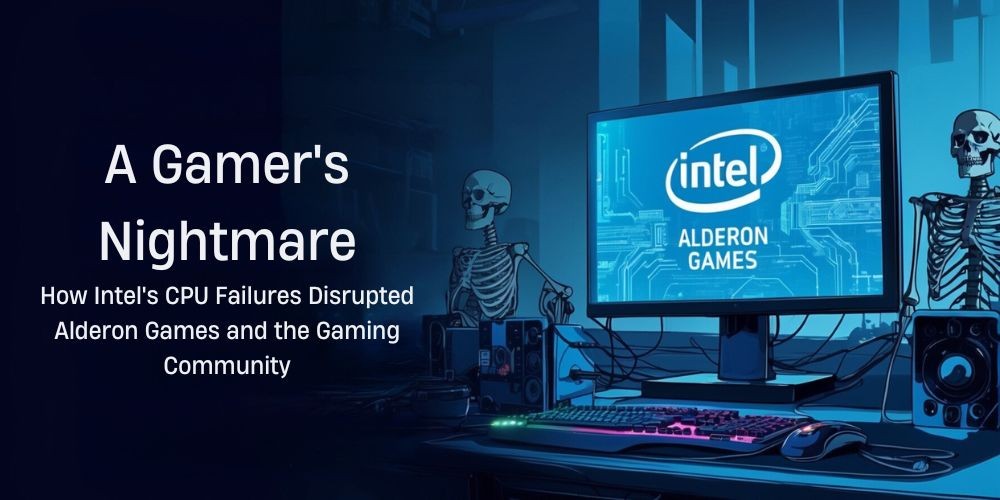
The gaming community has always been enthusiastic about new hardware advancements, with companies constantly vying to provide the best possible experience. However, recent developments regarding Intel’s 14th and 13th-generation CPUs have cast a shadow on the company's reputation. This technical debacle has led to unexpected challenges for both developers and gamers alike. One game studio, Alderon Games, has faced significant issues, leading to drastic measures to ensure stability and performance.
Intel's CPU Instability Issues
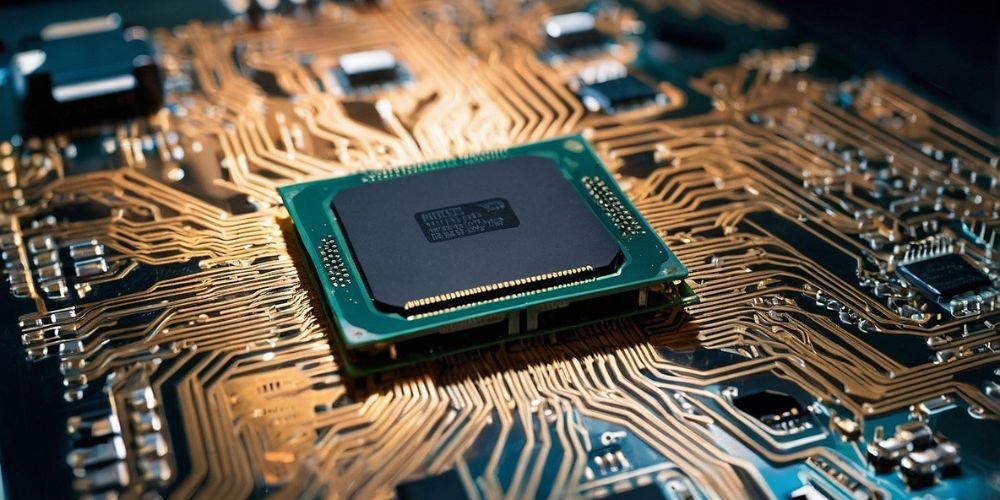
Intel's journey with its 14th and 13th-generation CPUs was initially filled with promise. These processors were expected to push the envelope in terms of gaming performance and other computational tasks. Unfortunately, reality fell short of these expectations. Reports began to surface regarding issues with gaming stability, causing many users to experience frequent crashes and poor performance.
The situation turned particularly dire regarding Intel's handling of RMA (Return Merchandise Authorization) requests. Consumers found that despite adhering to all guidelines, their requests were being rejected. This response has not only tarnished Intel's brand but also severely impacted its credibility among loyal customers. It became clear that Intel’s issues were not just random occurrences but rather systemic problems that required immediate attention.
The Alderon Games Dilemma
Alderon Games, the developer behind the popular multiplayer dinosaur survival game Path of Titans, disclosed harrowing details about their experience with Intel CPUs. The studio revealed that despite attempting all recommended fixes from Intel, the issues persisted. Astonishingly, they observed a 100% failure rate during their testing phases, which painted a bleak picture for Intel’s processors.
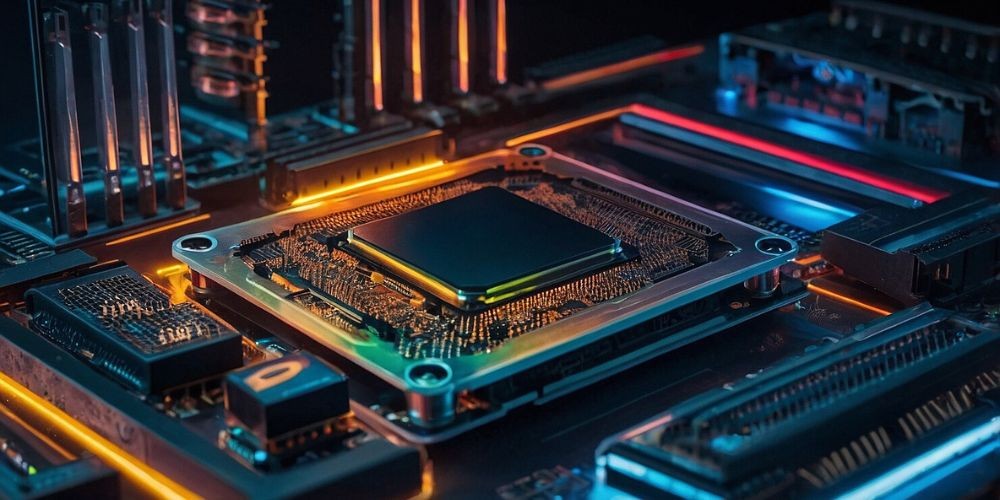
The problems spanned multiple levels within the development and gaming ecosystem. Players, game servers, and even development tools were all affected:
End Customers
Thousands of crash reports were logged from players using Intel’s 13th and 14th-generation CPUs. This not only disrupted gaming sessions but also sparked frustration among the gaming community.
Official Dedicated Game Servers
Servers experienced constant downtime, making the game unplayable at times. These issues took entire servers offline, significantly impacting the overall user experience.
Development Team
The development team faced frequent instability, which affected their productivity. Apart from dealing directly with game development, they also encountered issues related to SSD and memory corruption.
Game Server Providers: Community server hosts were not exempt, experiencing persistent crashes that made server maintenance a herculean task.
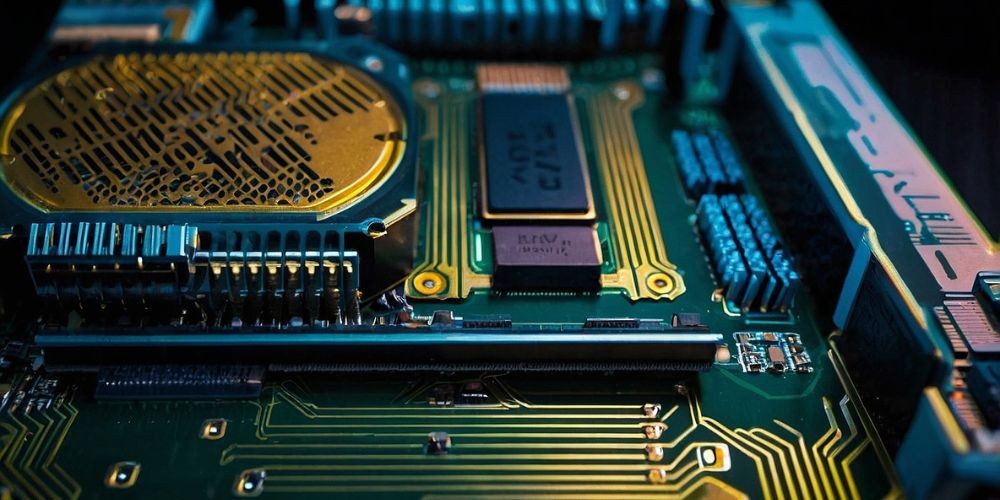
Benchmarking Tools: Surprisingly, decompression and memory tests unrelated to Path of Titans also faced failures, showcasing the broader impact of these CPUs' instability.
Alderon Games ultimately decided to abandon Intel CPUs entirely in favor of AMD. According to the studio, AMD's processors experienced significantly fewer crashes, proving to be a more reliable option.
Mitigation Measures
Switching to AMD: Alderon Games has begun transitioning all their servers to AMD CPUs. This move is anticipated to mitigate the crashes, providing a stable environment for both developers and gamers.
Hosting Recommendations
To further address the ongoing issue, Alderon Games has advised anyone hosting Path of Titans servers or selling game servers to steer clear of Intel’s 13th and 14th generation CPUs. This recommendation aims to minimize the disruptions and ensure better gaming experiences.
In-Game Notifications
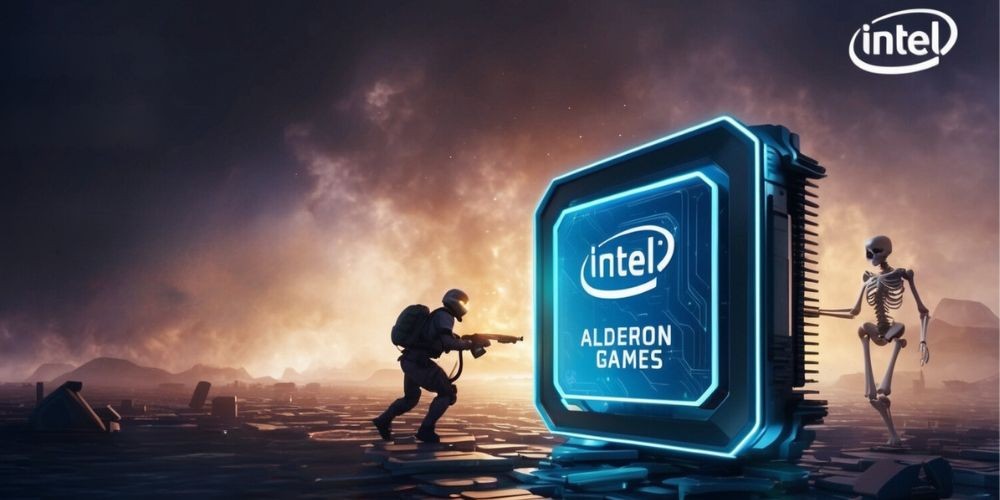
In an effort to keep their player base informed, Alderon Games has introduced in-game notifications. These messages educate users about the instability issues tied to Intel CPUs, offering guidance on how to approach the matter.
The Road Ahead for Intel
The impact of these issues is not only influencing current market conditions but also poses risks to Intel's future releases, such as the forthcoming Arrow Lake-S series. It’s crucial for Intel to address these problems urgently to regain the trust of their consumers and the developer community. Whether through a recall or another form of mitigation, swift action is essential to restore confidence.
Conclusion
Intel's recent struggles with their 13th and 14th-generation CPUs serve as a stark reminder of how critical stability and performance are in the tech industry. The challenges faced by Alderon Games highlight the broader implications of such technical failures. As the gaming industry continues to grow, hardware manufacturers like Intel must prioritize reliability to maintain their standing in the market. Meanwhile, developers and consumers alike may find solace in alternatives, ensuring a smoother and more enjoyable gaming experience.